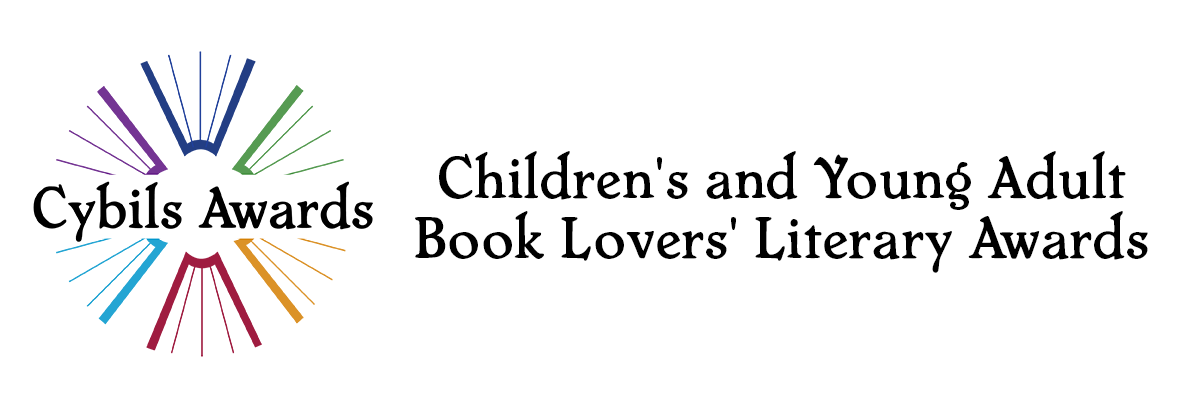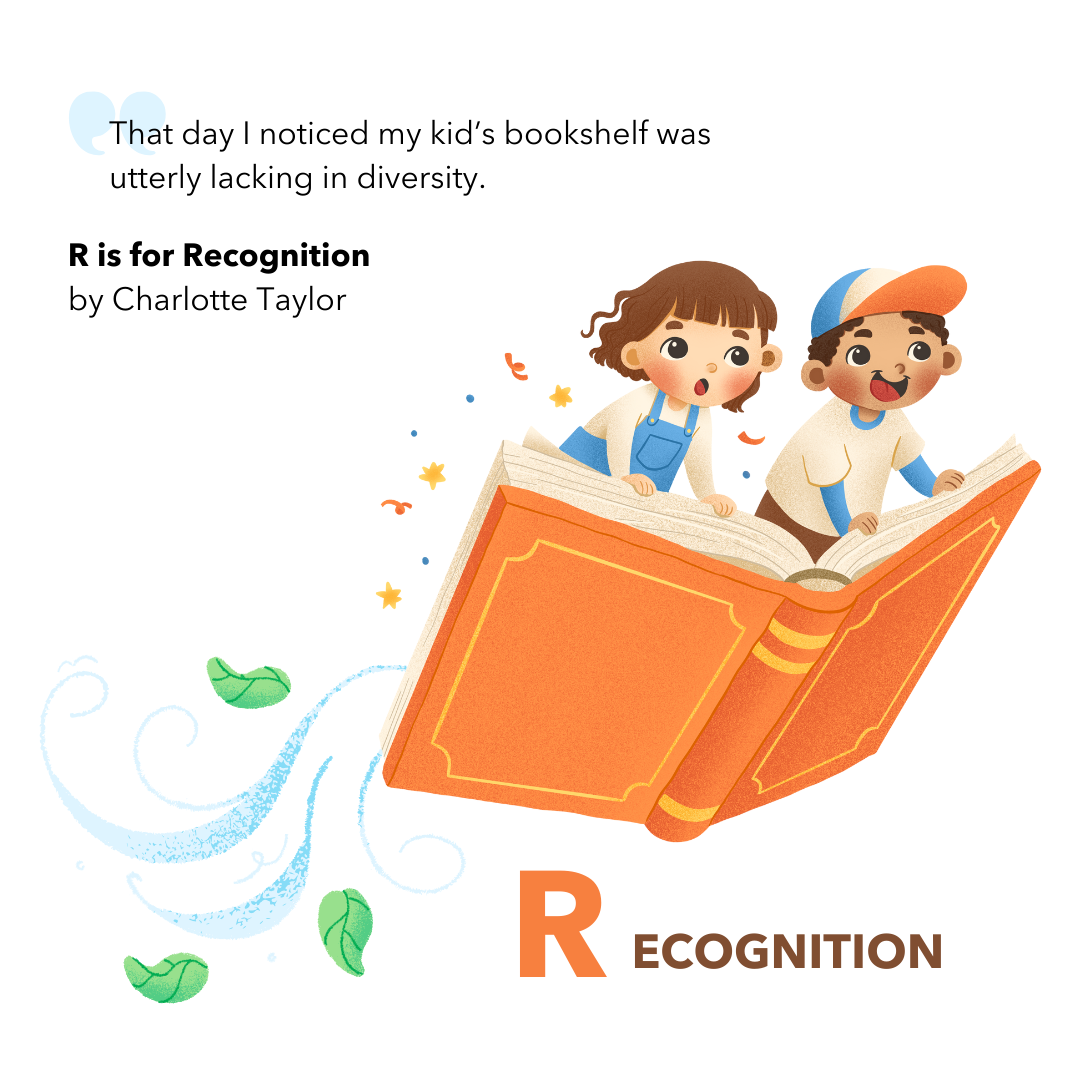Charlotte Taylor is a CYBILS Awards board member, having recently served as Board President. She served as the Elementary/Middle-Grade Speculative Fiction chair from 2009-2023, and this year is the chair for the High School Nonfiction category. Charlotte takes comfort in placing as many library holds as she can realistically read. If only her day job as a professional archaeologist, and maintenance required by her old house didn’t cut into her reading time.
Dateline: May 2009
I’m reading Thirteenth Child by Patricia Wrede, a middle-grade sci fi/fantasy set in an alternate, magical filled 19-century North America. I’ve only reached page 20 when I read a review that pointed out that there were no Native Americans in this world. All erased because the author didn’t need them for the story she wanted to tell. I hope I would have picked up on the absence of Native People, but I might not have. It was my wake-up call.
I found this erasure very disturbing, as did many, many people in the online sci fi/fantasy community. The Wrede-specific conversation came to be known as MammothFail, and was part of a larger, impassioned explosion about race and racism in sci fi/fantasy: RaceFail. My own reading and these discussions led me to thinking harder about race in children’s fantasy and science fiction (the focus of my own blog), and, more specifically, that particular sub-genre’s overwhelming whiteness.
I went into my then eight-year old’s bedroom and stared at his bookshelves. There were two books with African characters from Lerner’s Graphic Myths and Legends Series. There was one book set in China, by a white author. This was not a bookshelf with diverse books.
Obviously, change needed to happen both at home and in the world, so I went book shopping at a local independent and Borders. My goal: buy all the fantasy books for third/fourth graders with central characters who aren’t white. It was awful. I came home with two books. Two children’s titles where the promised diversity (as illustrated on the cover) wasn’t present in the text in any meaningful way. Not the result I was hoping for.
Undeterred, I made a concerted effort to seek out diverse middle grade and YA fantasy and science books. I started compiling a list noting diverse characters and books written by BIPOC authors and posted it as a page on my blog.
Dateline: October 2024
I’m happy to report that I stopped adding to my list several years ago, because (yay!) it’s no longer necessary. Today it is easy to find really good, own-voices multicultural elementary and middle grade fantasy in bookstores and libraries (at least in Rhode Island). I have not gone out to repeat my experiment of 2009 because I could not afford it and don’t have shelf space.
As the chair for the Elementary/Middle Grade Speculative Fiction category from 2009 to 2023, I was privileged to see this change first hand. We, as judges, went from being thrilled to have two out of seven shortlisted books that didn’t star white protagonists to, in 2023, choosing a shortlist of seven books where all but one book had diverse central characters without even putting any effort into making this happen. The books were there, and we loved them.
But there are people in our country who don’t love these voices—the book banners. If we want to keep on living in a country where kids of all identities can find themselves in books, where all kids can see those identities as valued parts of everyday reality, we need to fight back with more than just a few blog posts speaking to those who already agree with the message. We need to take action. We need to vote.

